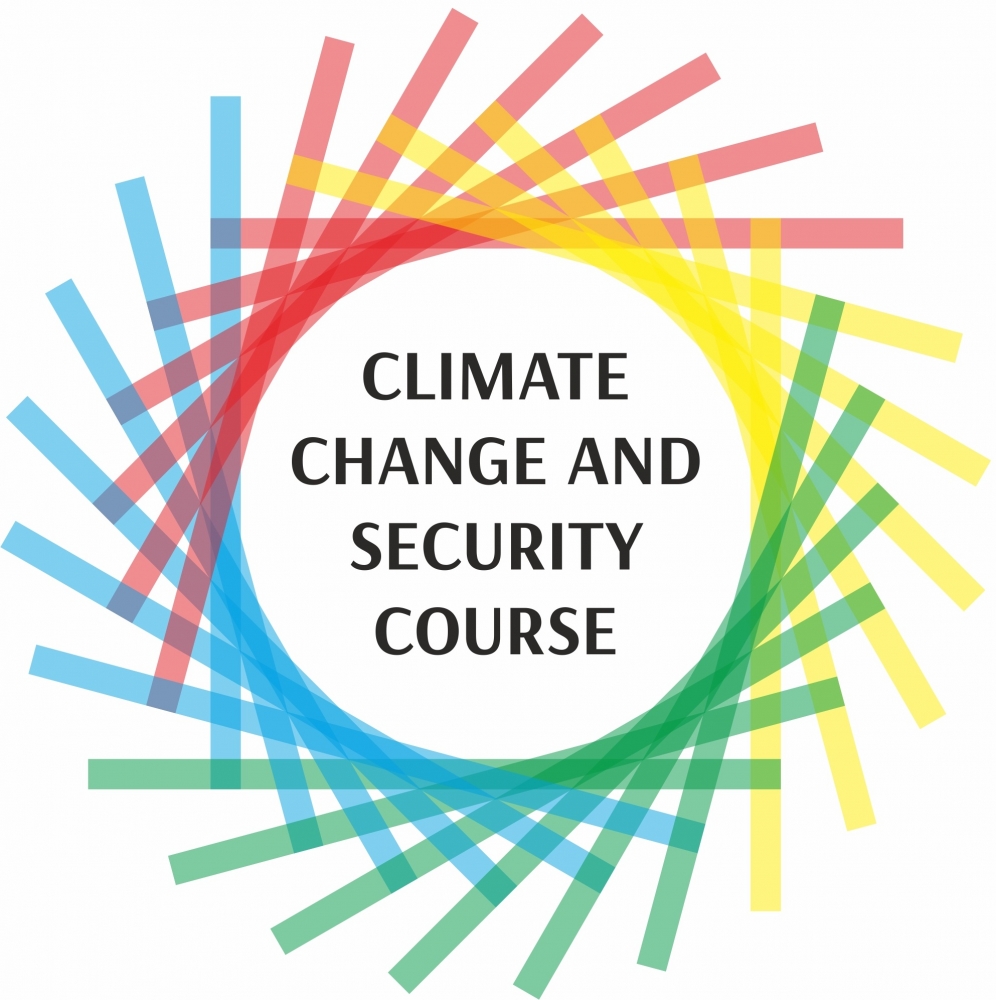Climate Change and Security (residential) Course
 Date: (08-04-2024)
Date: (08-04-2024)City: Sofia
Location: CMDR COE
Duration: 4 days
Classification: NATO UNCLASSIFIED
Depth of knowledge: Level 200 / 300
The Crisis Management and Disaster Response Centre of Excellence (CMDR COE), under the auspices of European Security and Defence College will conduct Climate Change and Security Course from 08 Apr to 11 Apr 2024 in Sofia, Bulgaria as a residential event at CMDR COE premises.
The course is supported by the Diplomatic Institute to the Minister of Foreign Affairs of the Republic of Bulgaria.
The module of the course is hosted at the CMDR COE Premises, 34A Totleben Blvd., Shipka hotel, Sofia, Bulgaria (details and directions available in the CMDR COE’s website: https://www.cmdrcoe.org).
Aim: to enhance awareness of climate change security implications through acquisition of basic knowledge related to global warming as a phenomenon and a security threat multiplier, the main factors which affect the environment, and the impact of climate change on international peace and security in short, mid and long term period.
Training Audience:
The course is open to civil servants and military from EU Member States and relevant EU Institutions and Agencies. The course is also open to participants from third countries, international organisations and NCOs, depending on the number of places available and the decision of the MS offering the course.
Learning Objectives:
- Point main climate change characteristics – causes, impacts, scenarios, direct and indirect impacts;
- State the main international strategies, policies and actors in the field of Climate Change;
- Summarise the nexus between Climate Change and Security considering the impact of climate change on international peace and security, and implications on the military activities;
- Point the main EU strategies, policies and actors in Climate Change mitigation and adaptation;
- Explain the impact of climate-driven, man-made and natural disasters on security;
- Links the main direct and indirect impacts with CSDP/CFSP;
- Describe the EU organizational structures, mechanisms and instruments for international cooperation in disaster response, including Union Civil Protection Mechanism (UCPM), the Integrated Political Crisis Response Arrangements of the Council of the EU and the European External Action Service (EEAS) structures;
- Outline the EU integrated approach in early warning and building resilience;
- Explain the relevance of co-operation and networking with the various actors in the field.
Methodology:
The course consists of an eLearning session on the eLearning platform of the ESDC and a residential module, both parts being compulsory. The eLearning session will be available with effect from 08 April 2024.The topics during the residential module will be explored in an interactive manner, in sessions followed by Q&A, as well during a panel discussions and team works.
Attendance of the course is mandatory each and every day. Certificate will be awarded to those course participants who have completed the full course, including the eLearning phase in order to get this certificate.
Language:
The command of English language should be at a professional level, according to the criteria stated in STANAG 6001- 3-2-3-2 or B2+/C1 in CEFRL.
Course fee: No course fee
Cancellation:
Cancellation of participation is only possible with a 3-week notice prior to the start date of the course. The entire course fee is due past the afore-mentioned period.
POCs:
Course Director - CIV Doncho Doychev, doncho.doychev@cmdrcoe.org, phone: + 359 2 92 24732
OPR - MAJ Ralitsa Bakalova, ralitsa.bakalova@cmdrcoe.org, phone: + 359 2 92 24743
|
· Point main climate change characteristics – causes, impacts, scenarios, direct and indirect impacts; · State the main international strategies, policies and actors in the field of Climate Change; · Summarise the nexus between Climate Change and Security considering the impact of climate change on international peace and security, and implications on the military activities; · Point the main EU strategies, policies and actors in Climate Change mitigation and adaptation; · Explain the impact of climate-driven, man-made and natural disasters on security; · Links the main direct and indirect impacts with CSDP/CFSP; · Describe the EU organizational structures, mechanisms and instruments for international cooperation in disaster response, including Civil Protection Mechanism (CPM) of the European Commission, the Emergency and Crisis Coordination Arrangements (CCA) of the Council of the EU or the European External Action Service (EEAS) structures; · Outline the EU integrated approach in early warning and building resilience; · Explain the relevance of co-operation and networking with the various actors in the field. |
|
· To foster the network of future civilian and military experts in climate change diplomacy; · To analyse and formulate independent and well-informed opinions on Climate change diplomacy; · Create an accurate picture of the institutional set-up of the EU and the relevant operating procedures during disaster relief. |
|
· To address future challenges and assess the EU strategic documents in this field; · Propose possible responses to improve the coping capacity in order to assist in building resilience to climate change and planning, to include long-term (civilian and military) for climate change adaption by defining the right mix of policies, instruments and tools to achieve EU’s objectives; · Pursue more effectively comprehensive action through cooperative problem-solving and teamwork; · To takes part in climate change mainstreaming policy development and implementation at national or EEAS/EUMS, ECHO, DEVCO levels. |





